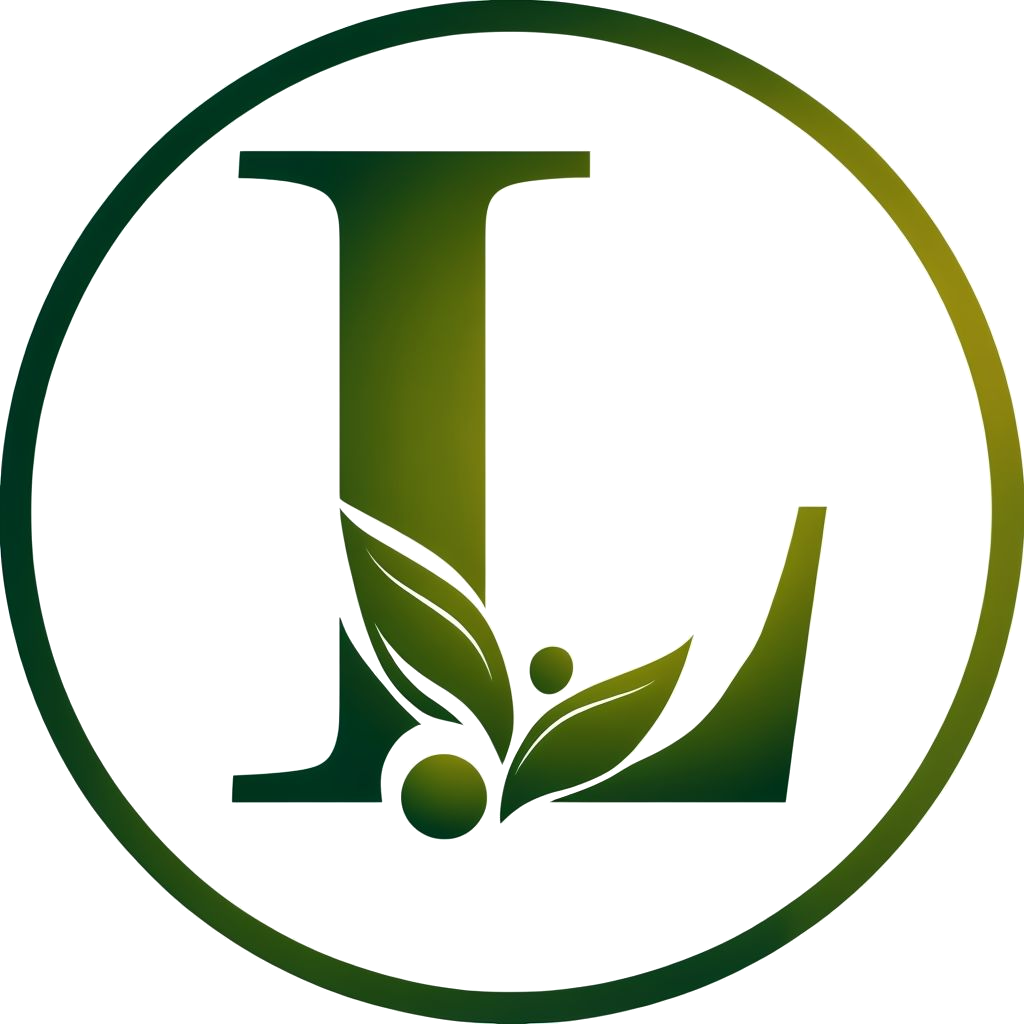Adulam Reahbilitation Center
The initial refuge—symbolizes brokenness, refuge, and the beginning of healing
Medical Detoxification (Detox)
We provide medically supervised detox to help patients safely withdraw from drugs. This process manages withdrawal symptoms, reduces health risks, and stabilizes the patient physically before therapy begins.
Personalized Therapy and Counseling
Patients receive individual and group therapy to address the psychological, emotional, and behavioral aspects of addiction. Techniques like Cognitive Behavioral Therapy (CBT) help patients understand their triggers and develop healthier coping mechanisms.
Structured, Drug-Free Environment
Rehabilitation centers offer a controlled and supportive environment free from drug temptations and negative influences, helping patients focus solely on recovery with peer encouragement and routine.
Life Skills and Vocational Training
Many centers provide training in essential life skills—such as stress management, communication, and job readiness—to prepare patients for independent, productive lives after rehab.
Family Involvement and Education
Family therapy and education programs help loved ones understand addiction, learn how to support recovery, and heal any relational damage caused by substance abuse.
Aftercare and Relapse Prevention
Rehab centers develop long-term recovery plans, including support groups, continued therapy, and check-ins, to help patients stay clean and navigate life challenges without returning to drug use.
Rehoboth Halfway Home
The growth phase—symbolizes expansion, restoration, and preparation for reintegration.
Safe and Structured Living Environment
Provides a stable, drug-free, and supervised place to live.
Residents often follow rules (e.g., curfews, chores, abstinence)
Support for Reintegration
Helps residents gradually adjust to independent living.
Encourages rebuilding life skills (job hunting, cooking, budgeting).
Counseling and Therapy
Offers individual and group therapy, often focused on recovery or behavior.
May include support for mental health and trauma.
Accountability and Monitoring
Regular drug testing, check-ins, and progress evaluations.
Encourages personal responsibility while providing support.
Job and Life Skills Training
Support in finding employment, education, or vocational training.
Teaches skills like time management, communication, and goal setting.
Community and Peer Support
Residents support each other in their recovery or transition.
Builds a sense of community, reducing isolation and relapse risk.
Partner With Us
Join us for a better life and beautiful future
Whether you’re a health institution, school, donor, faith group, or individual who cares, we invite you to partner with us in creating drug-free futures. Together, we can help even more people live free and whole again.

